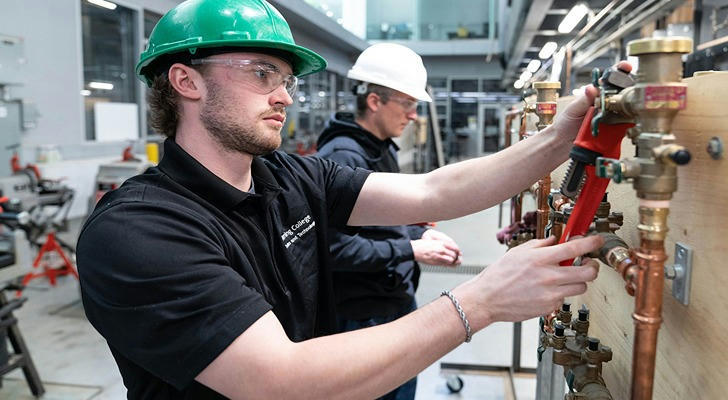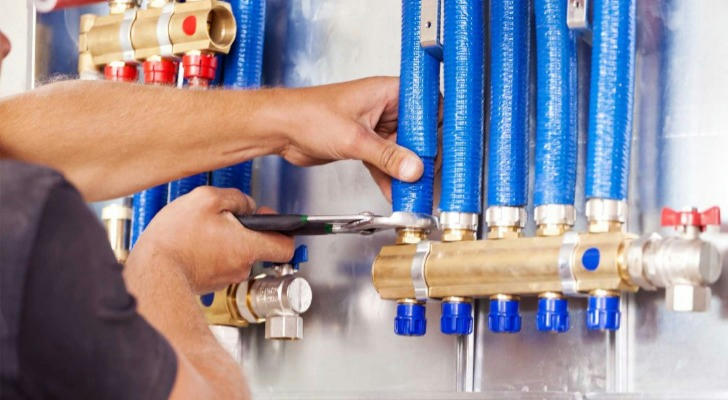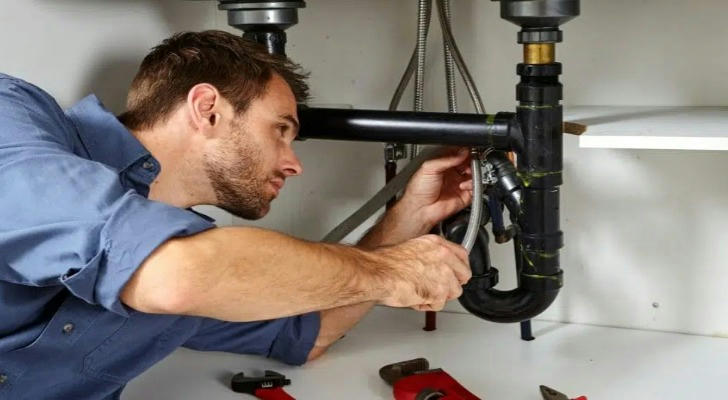American Plumbers: A Guide to Career Training and Skill Development
In the United States, plumbers are a vital profession. They are responsible for installing, maintaining and repairing various plumbing systems to ensure the normal operation of water supply, drainage and sanitary facilities in homes and commercial buildings. Whether it is the installation of pipes in new houses or the repair of pipes in old buildings, the professional skills of plumbers are indispensable.

1. The importance of plumbers' profession
Plumbers play a key role in protecting public health and safety. They ensure the cleanliness and safety of water supply systems and prevent sewage leaks and pollution. In new buildings, plumbers are responsible for designing and installing complex piping systems to ensure that they meet building codes and safety standards. In existing buildings, they need to regularly inspect and maintain pipes and promptly repair any potential problems to avoid greater losses.
2. The necessity of plumber training
Vocational school training
Many vocational schools and community colleges offer plumber training courses. These courses usually include theoretical learning and practical operations, covering the installation, maintenance and repair of plumbing systems. Students will learn how to read architectural drawings, use various tools and equipment, and understand different types of pipe materials and connection methods. Vocational school training usually lasts from a few months to a year, depending on the intensity and content of the course.
Apprenticeship program
Apprenticeship program is one of the important ways to become a plumber. Through the apprenticeship program, students can perform practical operations under the guidance of experienced plumbers and accumulate valuable work experience. Apprenticeship programs are usually organized by industry associations or unions, and students can receive a certain salary during their studies. The duration of the apprenticeship program is usually 3-5 years, and students need to complete a certain number of work hours and pass relevant exams to obtain a plumber license.
License Examination
In the United States, most states and cities require plumbers to obtain a license to engage in related work. The license exam usually includes a theoretical exam and a practical exam to ensure that the plumber has sufficient knowledge and skills to safely perform plumbing work. The exam content may include building codes, pipeline design, safe operating procedures, etc. After passing the exam, the plumber will obtain a formal license and can legally engage in plumbing work locally.
III. Skill requirements for plumbers
To be a successful plumber, you need to have a variety of skills, including but not limited to the following:
Technical skills
Plumbers need to be proficient in various pipeline installation and repair techniques and be able to use a variety of tools and equipment to operate. They need to understand the characteristics and connection methods of different types of pipe materials (such as copper pipes, PVC pipes, cast iron pipes, etc.), as well as how to cut, weld and seal pipes. In addition, plumbers also need to have certain electrical knowledge, because modern pipe systems may involve the installation and maintenance of some electrical equipment.
Problem-solving skills
Plumbers often encounter various complex problems at work, such as pipe blockage, water leakage, insufficient pressure, etc. Therefore, they need to have good problem-solving skills, be able to quickly diagnose problems and find effective solutions. This requires not only solid technical knowledge, but also rich experience and keen observation.

Safety awareness
Plumbing work involves many potential dangers, such as working at heights, using sharp tools, and contacting harmful chemicals. Therefore, plumbers must have a strong sense of safety and strictly abide by safety operating procedures to ensure the safety of themselves and others. They need to understand and use personal protective equipment, such as hard hats, gloves, goggles, etc., and receive safety training regularly.
Communication skills
Plumbers need to communicate effectively with customers, colleagues, and suppliers. They need to be able to clearly explain the content and costs of the work, answer customers' questions, and collaborate with team members to complete complex projects. Good communication skills help improve work efficiency and reduce misunderstandings and disputes.
4. Career development prospects of plumbers
The employment prospects of plumbers in the United States are very broad. With the continuous aging and renewal of infrastructure and the continuous increase in new construction, the demand for plumbers has been growing steadily. According to the forecast of the U.S. Bureau of Labor Statistics, the employment growth rate of plumbers will be higher than the average in the next few years. In addition, plumbers are paid a considerable salary, and experienced plumbers can earn a relatively high income.

Plumbers are a profession full of challenges and opportunities. With professional training and practice, you can acquire valuable skills and succeed in this industry. Whether you are a newcomer who is considering entering this industry, or a working plumber who wants to improve your skills, continuous learning and accumulation of experience are key.
